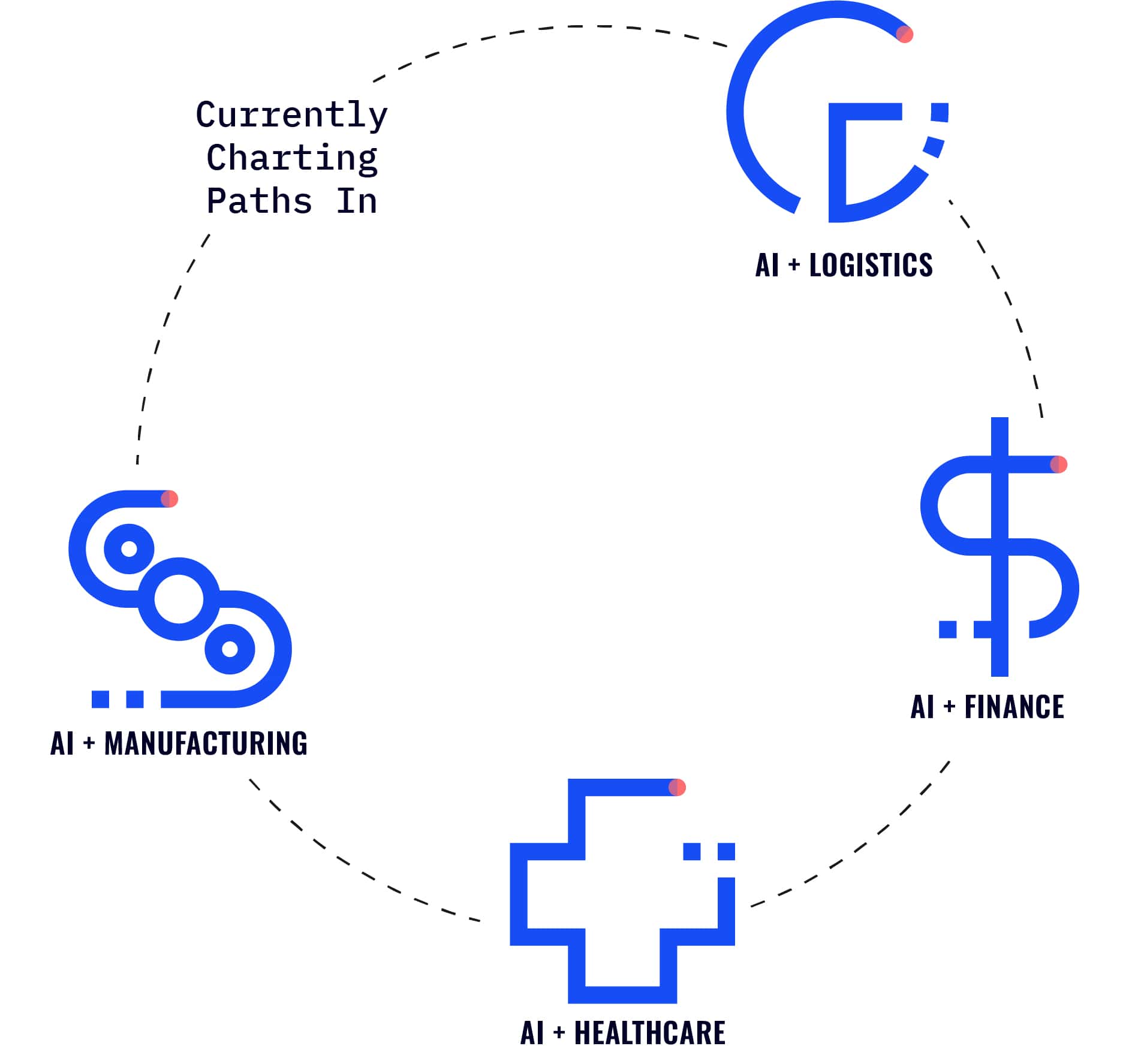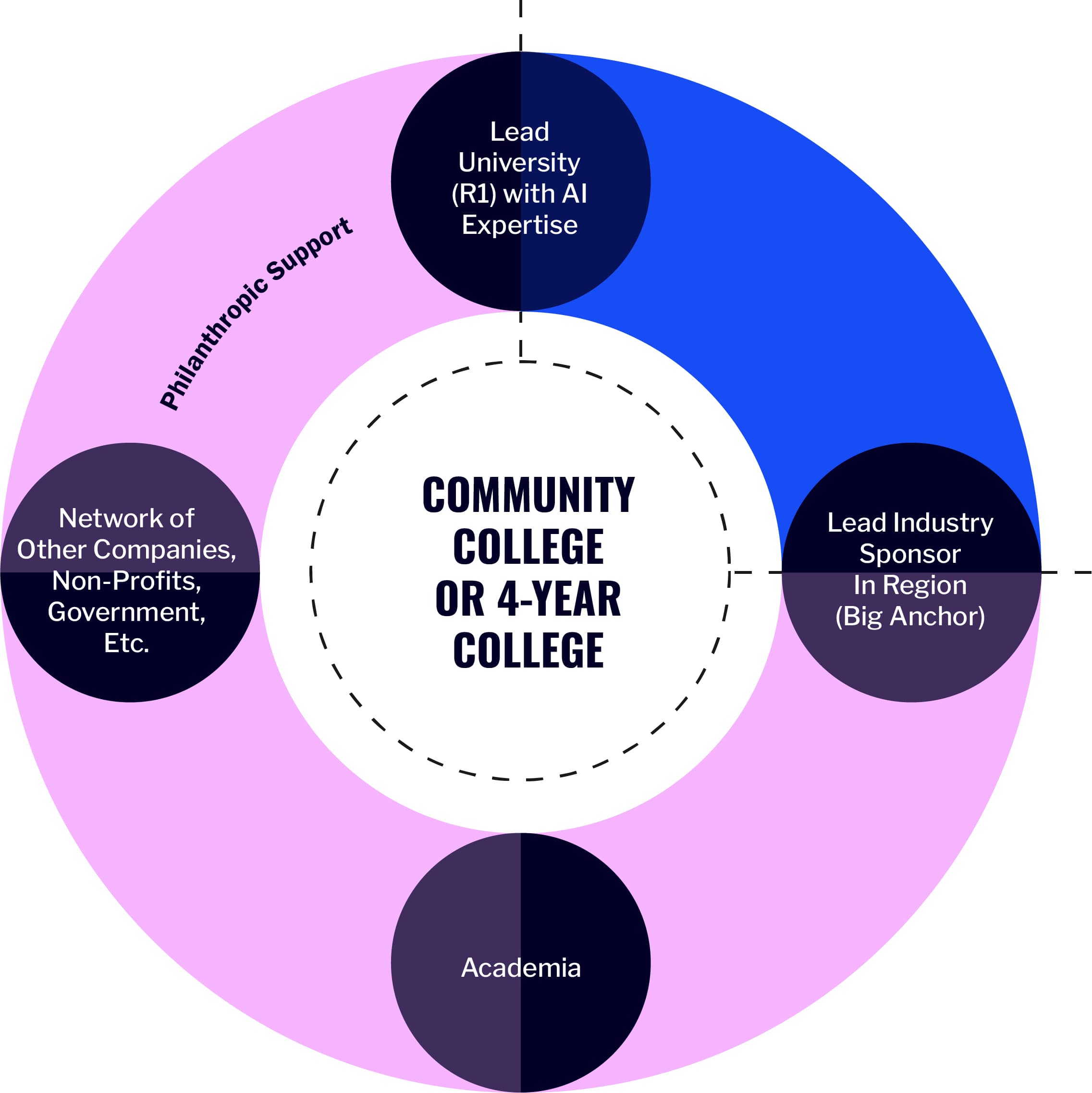PATH seeks to expand access to AI education and workforce opportunities. We partner with community colleges, universities, industry leaders, and government to design scalable, replicable career pathways that prepare learners for the future of work. Through hands-on, industry-aligned AI training, students gain stackable credentials, real-world experience, and the skills needed to thrive in high-demand, AI-powered careers. Our mission is to ensure that every learner – no matter their background - has the opportunity to secure a job that is highly in-demand.













PATH is headquartered at MIT RAISE, in collaboration with STEP and the MIT Sloan School of Management. The initiative is directed by Professor Cynthia Breazeal, dean of Digital Learning at MIT and director of MIT RAISE, together with faculty, researchers, and educators across MIT. This cross-institute team combines expertise in AI, education, workforce development, and the future of work to design scalable pathways that prepare learners for AI-enabled careers.
PATH is headquartered at MIT RAISE, in collaboration with STEP and the MIT Sloan School of Management. The initiative is directed by Professor Cynthia Breazeal, dean of Digital Learning at MIT and director of MIT RAISE, together with faculty, researchers, and educators across MIT. This cross-institute team combines expertise in AI, education, workforce development, and the future of work to design scalable pathways that prepare learners for AI-enabled careers.





